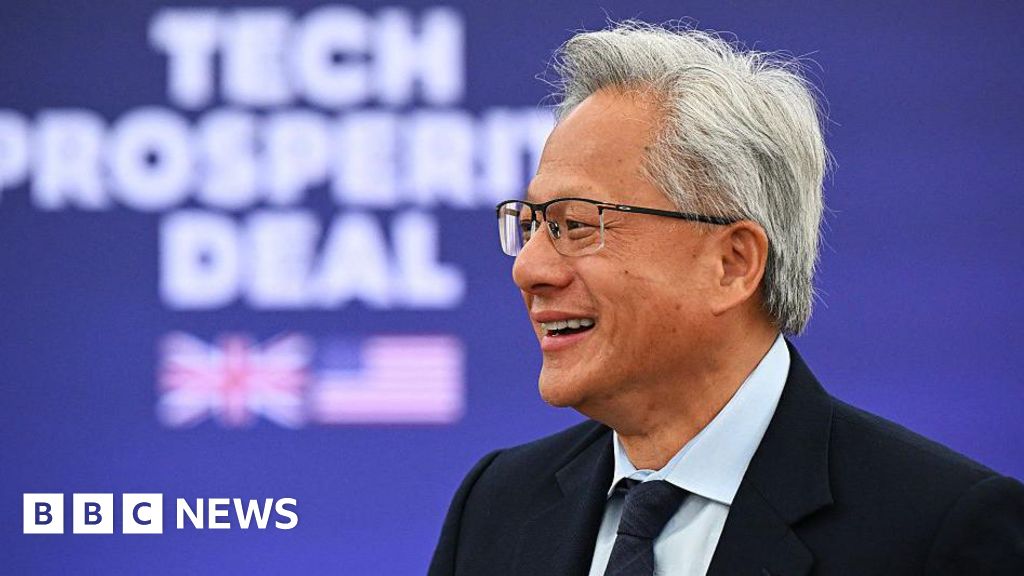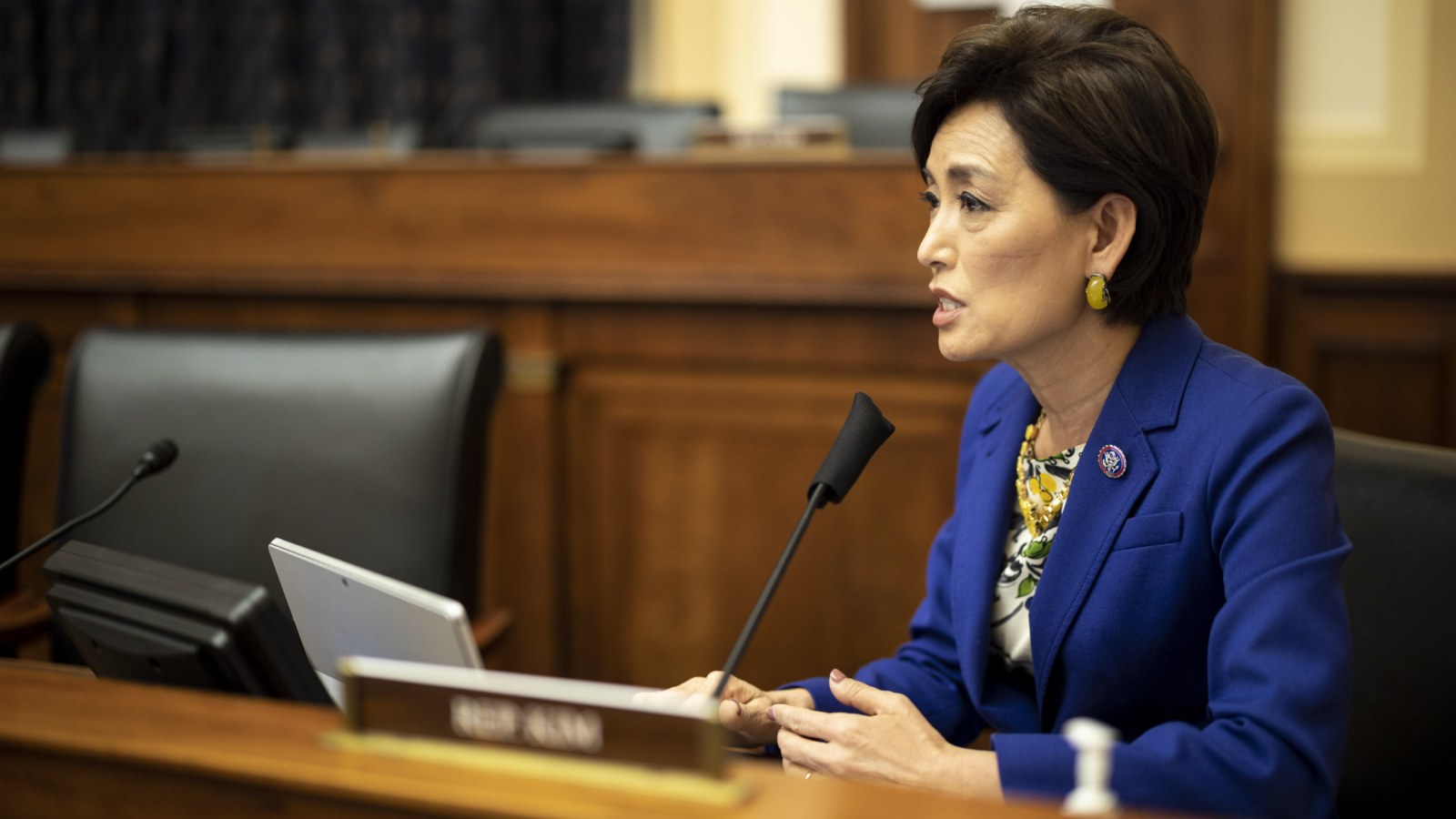By Faisal Islam
Copyright bbc

But amid the upbeat talk, a surprising attack on the array of US investment came from former Deputy PM and Facebook senior executive Sir Nick Clegg. Britain was “clinging on to the coattails of Uncle Sam” with “crumbs from the Silicon Valley table”.
“Not only do we import all their technology, we export all our good people and good ideas as well,” he said.
While there was no explicit quid pro quo in terms of digital taxes or changes to the online safety bill in the Tech Prosperity Deal signed this week, it is clear that the UK has a degree of soft alignment with the US administration’s approach, especially when it comes to AI.
Lutnick explained to the start-up audience that he scrapped Biden-era AI Safety initiatives in favour of “leaning forward” on the technology. The UK government has mirrored some of these moves.
The big picture here is that even the three US giants that put in the lion’s share of the tech investment last week are now worth $9tn on US stock markets. They are ready to some shopping, and considerable sums are coming to the UK.
The plan is that the Silicon Valley stardust will be sprinkled on the scientific Golden Triangle of Oxford-Cambridge-London – “and don’t forget the Open University in Milton Keynes”, said Kyle.
So what of the familiar lament of losing our best technology and not being able to grow the biggest companies in the world?
DeepMind might be considered an example of that in one way. It was bought by Google for £400m in 2014. Another way to look at it, however, is that the new appreciation for the tech giant is partly because of London-based Deepmind’s research into all aspects of frontier technology.
The recent surge in its share value to above $3tn is rooted in a perception that it is no longer lagging behind in the AI race.
Chip designer Arm Holdings is the other UK champion that was sold off to foreign ownership. Its technology is central to the chips in almost all smartphones, including iPhones. There are suggestions that Arm may look at manufacturing its own chips, as the West looks to de-risk supply chains.
It is sometimes forgotten that Huang was very close to buying Arm Holdings in 2022, before regulatory authorities investigated the deal on competition grounds under the previous Conservative government.
When I raised this with Huang, he sighed: “Don’t remind me… I tried”.
Despite important foundational work in this area being done by the previous government, under Rishi Sunak and Jeremy Hunt, it is clear that this company felt burnt by its treatment, and were delighted to engage when Kyle turned up in his T-shirt in Silicon Valley last year.
This may, however, point to the eventual consequence of this UK-tech bromance. It may help explain the “pro-growth” direction given to regulators, including the firing of the chair of the CMA in January.
This flood of US capital thinks it is getting a safe and secure home in the UK, at least, safer than anywhere else in Europe.
The consequences could be the UK economy becomes a tech laboratory for the world, or perhaps mainly the US giants. The state visit certainly seemed to have an undertone of the UK joining forces with the US in a long term AI tech battle with China.
Huang said this was not a “zero sum game”. “President Trump wants to win and so does President Xi. Its possible they both can.”
So on its own terms, this week showed the government successfully attracting significant investment that will help grow the economy. That does not solve the immediate challenges in the public finances, for example, ahead of the Budget.
The US, even San Francisco for example, can show that tech-fuelled booms often leave many others behind.
There are obvious questions about the widespread rollout of AI already impacting certain industries, and entry-level graduate jobs. Before AI becomes a mass creator of jobs, it will visibly cost those of clerks, junior accountants, paralegals, and creatives.
But the biggest boost might be a sense of optimism created for the UK.
The UK is now all in on AI. Britain will become increasingly dependent on this US tech. But the US giants, at the same time, need British knowhow. It could come to define the economy and the country for decades to come.



